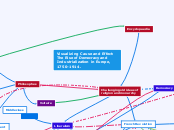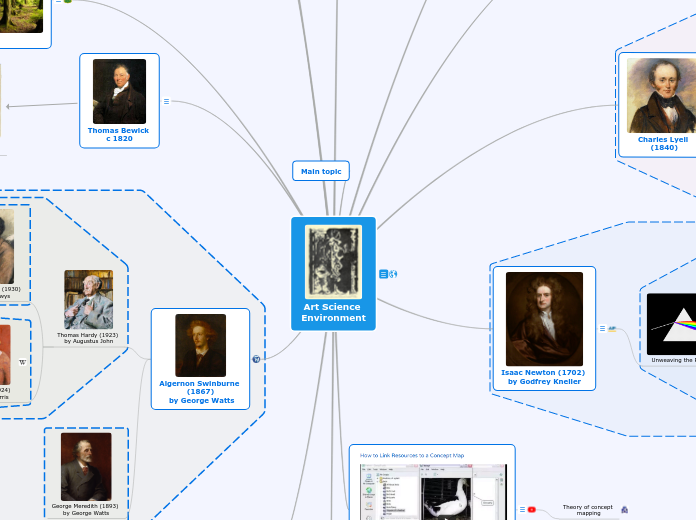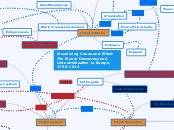av Anna Runåker 8 år siden
316
Cause and effect
The period between 1750 and 1914 in Europe was marked by significant social, political, and economic transformations that laid the groundwork for modern society. The Enlightenment introduced new ways of thinking that challenged traditional ideas about religion and monarchy, promoting values of liberty, equality, and secularism.









